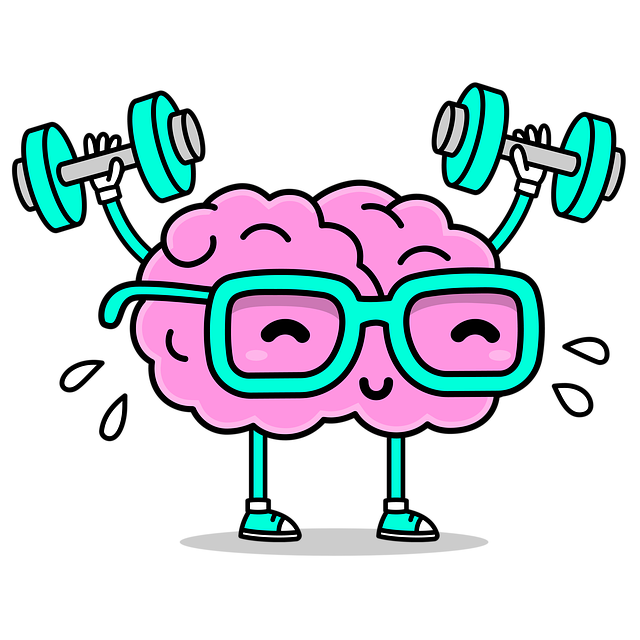
Imagine waking up one day with the memory of a goldfish, simply because you’ve been too faithful to your routines. Could shaking things up be the key to unlocking a sharper mind?
At a Glance
- Excessive routine may impair cognitive flexibility and memory.
- Introducing variety stimulates neuroplasticity and supports brain health.
- Balance between habits and novelty enhances well-being.
- Novelty in activities can reduce the risk of cognitive decline.
The Perils of Habitual Living
Many of us have been sold on the idea that habits are the holy grail of productivity and health. From brushing teeth to morning jogs, routines are heralded as the backbone of a well-lived life. But what if sticking too rigidly to these routines could actually be turning your brain into a complacent couch potato? Recent studies have shown that while routines reduce stress and cognitive load, excessive repetition can lead to a decline in cognitive flexibility and memory.
Neuroscientists have been waving a cautionary flag, suggesting that our brains thrive on novelty and challenge. The brain’s ability to adapt, known as neuroplasticity, is like a muscle that needs regular exercise. Without it, we risk our cognitive gears becoming a little rusty. So, while your morning coffee ritual might be sacred, adding a dash of variety could make all the difference.
Spicing Up Your Routine
The solution isn’t to abandon all habits but to sprinkle in a bit of spice to your daily grind. Think of it as adding a new seasoning to your favorite dish. Trying a new hobby, experimenting with different cuisines, or even taking a different route on your daily walk can stimulate your brain in exciting ways. These small changes can boost neurotrophins like BDNF, which are crucial for maintaining sharp cognitive functions.
Recent research emphasizes that a healthy dose of novelty doesn’t just keep the mind agile but also enhances emotional well-being. The thrill of new experiences can flood the brain with dopamine, the feel-good neurotransmitter, which may explain why trying something new often leaves us with a spring in our step.
The Science of Switching Things Up
Recent systematic reviews have confirmed that incorporating variety into your daily activities is linked to improved cognitive outcomes, especially in older adults. The studies highlight how both physical and mental variety, much like a balanced diet, can protect against cognitive decline. In fact, the benefits extend beyond just memory improvement, influencing overall happiness and brain resilience.
Sleep researchers have also chimed in, noting that quality sleep alongside routine variation is critical for memory consolidation and cognitive performance. The intricate dance between routine and novelty, akin to a well-choreographed tango, seems to be the secret sauce for a sharper, happier brain.
Balancing Act: Routine vs. Novelty
Now, before you toss all routines out the window, it’s essential to find a balance. While variety can be invigorating, too much unpredictability might lead to stress. Experts recommend a balanced approach where routines provide a stable foundation, and intentional novelty adds the zest. Even simple changes, like trying a new recipe or switching up your exercise routine, can yield significant cognitive benefits.
Ultimately, the goal is to keep the brain engaged and curious. As the wellness and self-help industries start to pivot towards emphasizing novelty, individuals can take charge of their cognitive health by embracing the new. So, the next time you find yourself in a rut, remember that a little change can go a long way in keeping your mind sharp and vibrant.

















